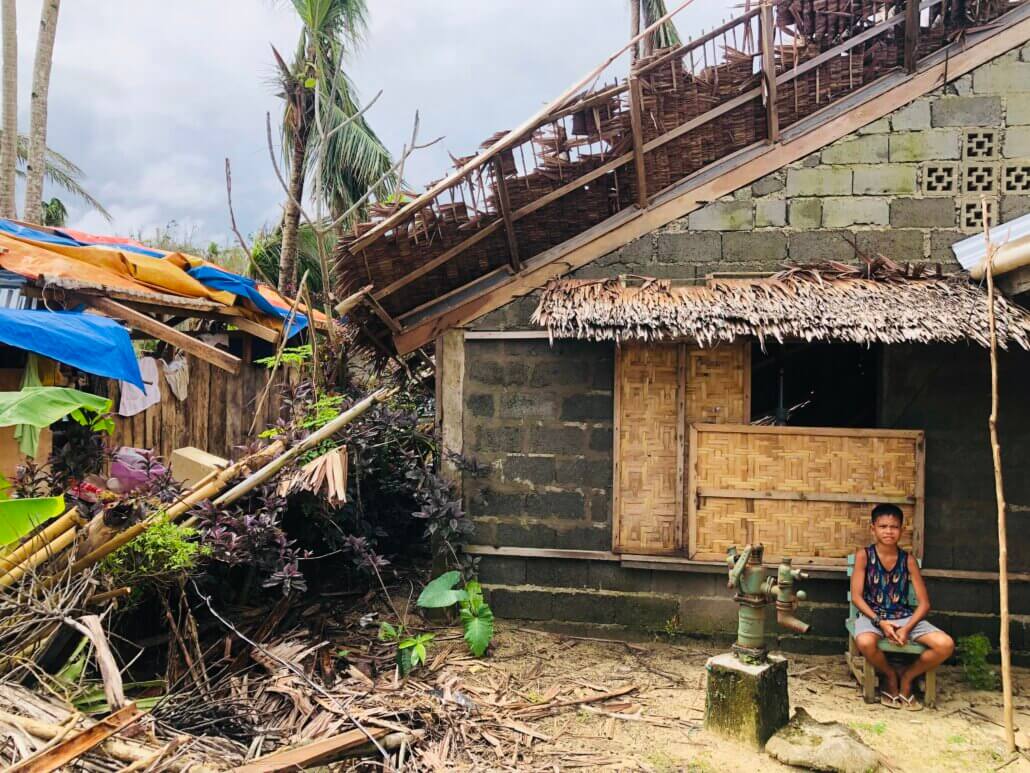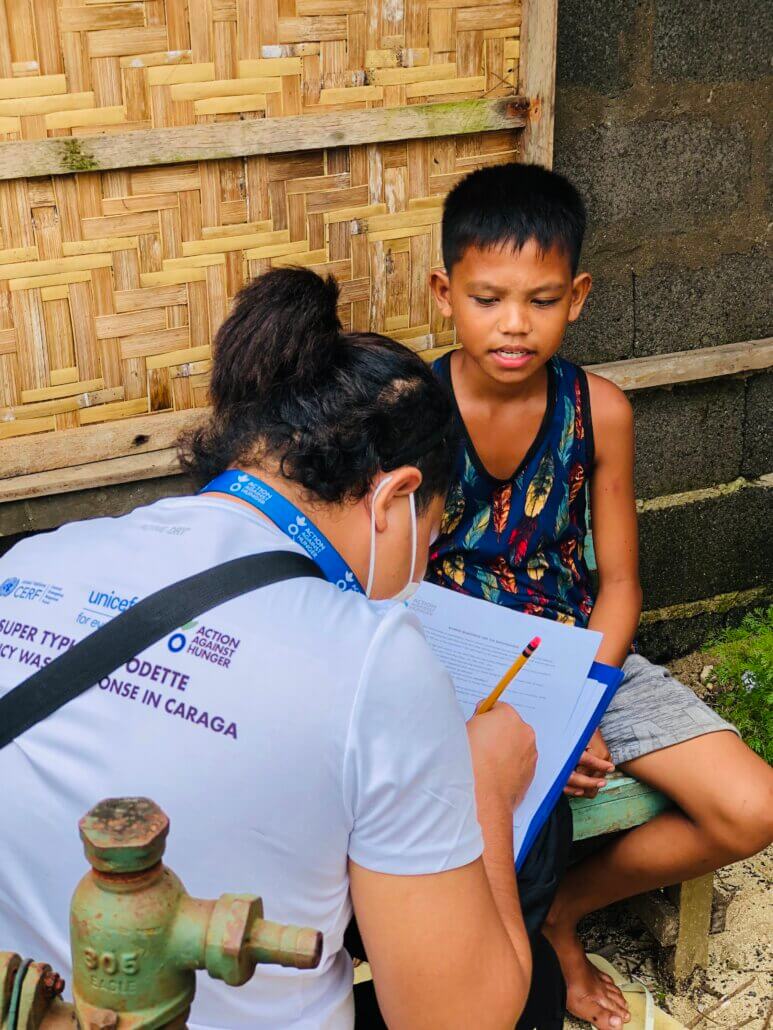
Safe water in a safe community
For Aslani Atha Casim and his family, getting clean water and safe access to hygiene facilities was a struggle in their community. The 27-year-old farmer lives with his wife and three kids in Barangay Baya, located in the Municipality of Ganassi, Lanao Del Sur.
Residents of Barangay Baya used to get their water from the nearby river which is half a kilometer away from the community. To get there, Aslani and his family would need to either hike or ride a horse so they could fetch water, do laundry, and take baths.
“It’s not easy because my wife and I have to carry heavy water containers going back home,” says Aslani. On rainy days, going to the river was difficult because the road would become slippery. This made Aslani worry about his family’s safety.
Through the ECHO-funded REACH Project, Action Against Hunger provided water, sanitation, & hygiene support to the community of Baya. This included rehabilitating the communal toilet that is separate for men and women. We also repaired existing tap stands to extend the water supply, so residents no longer need to travel far to access water from the river. Apart from this, the community also received hygiene promotion sessions that talked about personal hygiene, as well as maintaining the cleanliness of the communal toilets.
Solar lights were also installed to lighten the areas around the water and sanitation facilities and make the facilities safer to use in the evenings. Community members including the family of Aslani have participated in the hygiene promotion activities and learned about the good hygiene practices as well the prevention of water and sanitation related diseases. Health seeking and hygiene behavior were reinforced by these sessions since access to WASH facilities were made available in consideration of respect and dignity.
Aslani shares that the intervention has impacted their everyday lives now that they have WASH facilities that are socially inclusive.
He also highlighted that the new facilities make the women and children in their community feel safer. “I’m grateful that the toilet for men is separated from the women’s toilet. Children become more conscious of their hygiene, which is good because the facility is child friendly. “It has made people’s lives easier. We don’t have to ride a horse or walk under the sun. I don’t need to worry when my wife wants to wash the laundry because the [comfort room] is just a walking distance near our house,” Aslani said.
Since WASH facilities are available, more people have been coming to their barangay to get water. “This is a huge help for every Muslim in our barangay especially since Ramadhan is approaching and everyone would need water and [comfort room] for ablution,” Aslani added.
With support from European Civil Protection and Humanitarian Aid Operations (ECHO), the “Response to the Unmet Humanitarian Needs of the Most Vulnerable Conflict-Affected Populations in Mindanao” or REACH 3 Project is implemented by ACCORD Incorporated, Action Against Hunger Philippines, CARE Philippines, Community Organizers Multiversity, IDEALS, Inc., Nisa Ul-Haqq Fi Bangsamoro, United Youth of the Philippines-Women, and Oxfam Pilipinas.


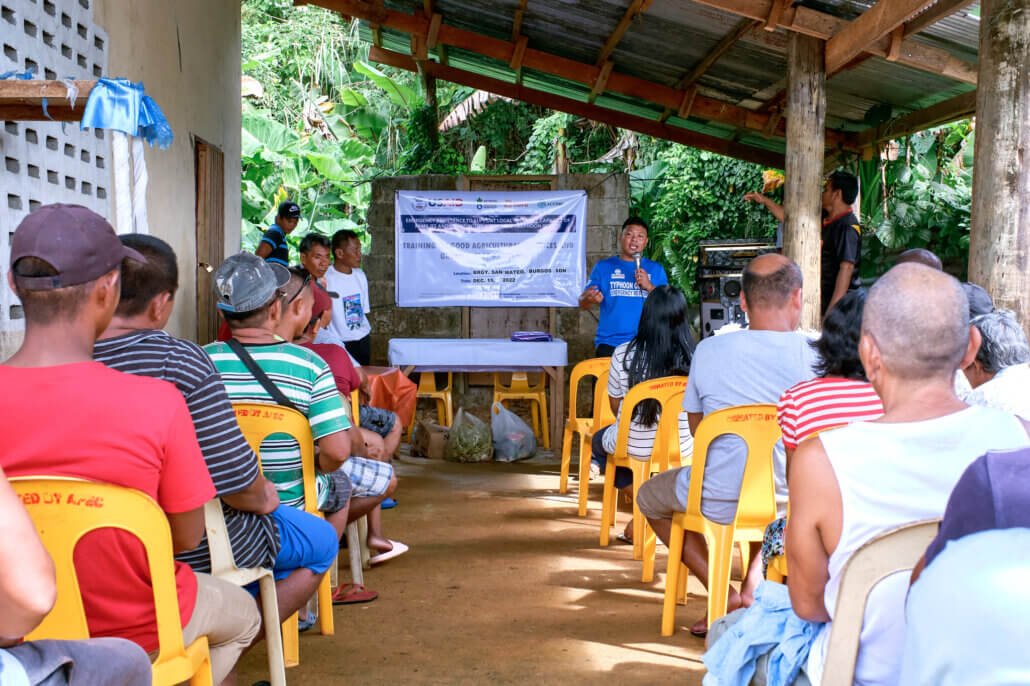
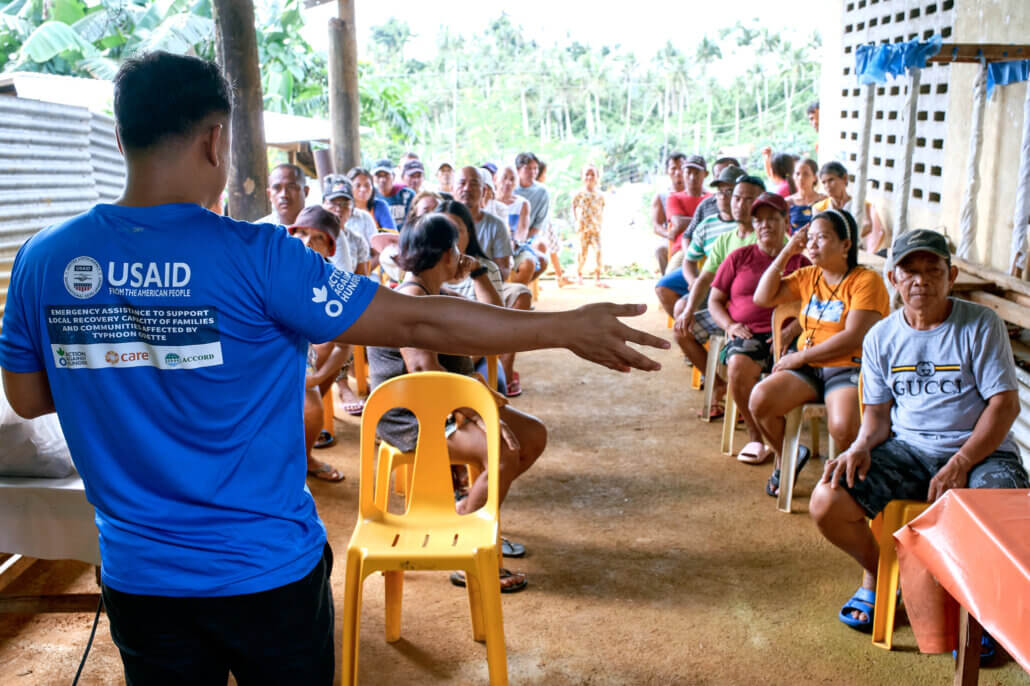
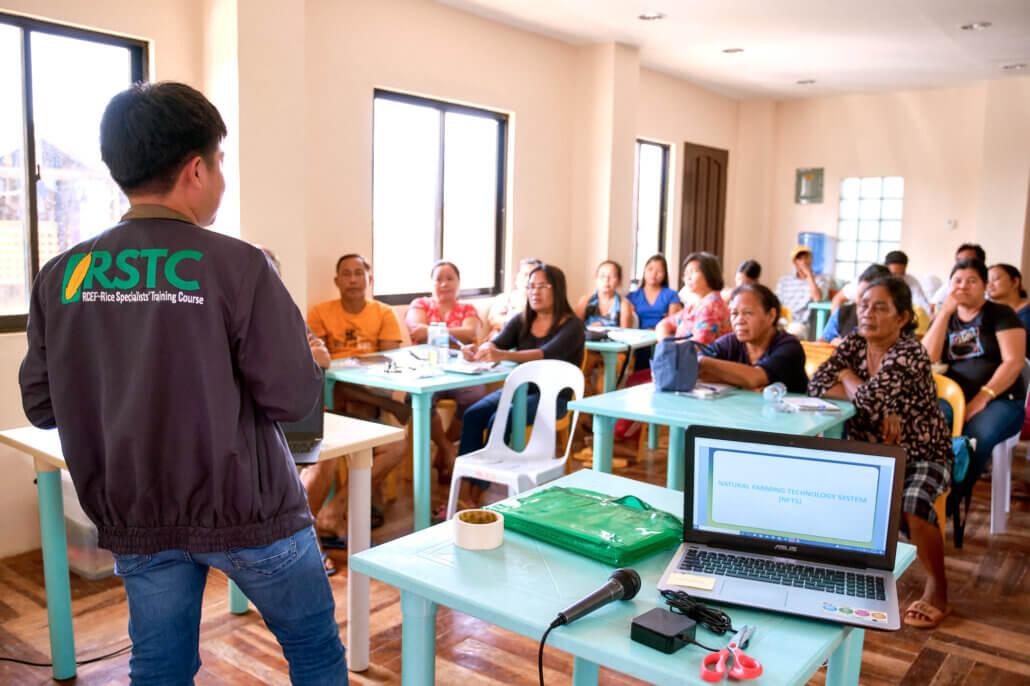
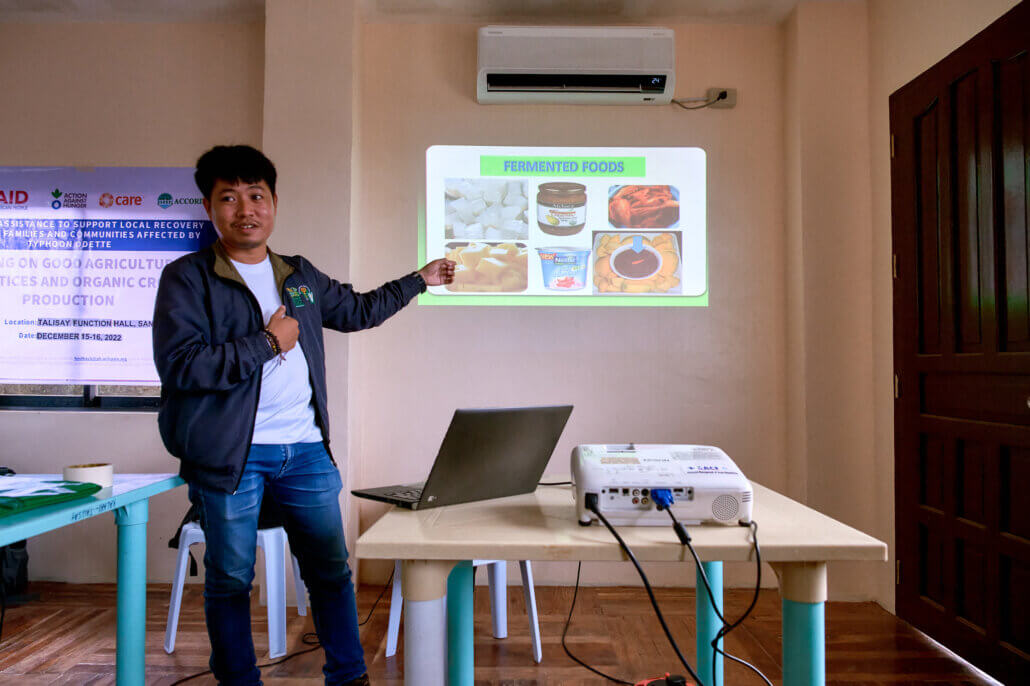
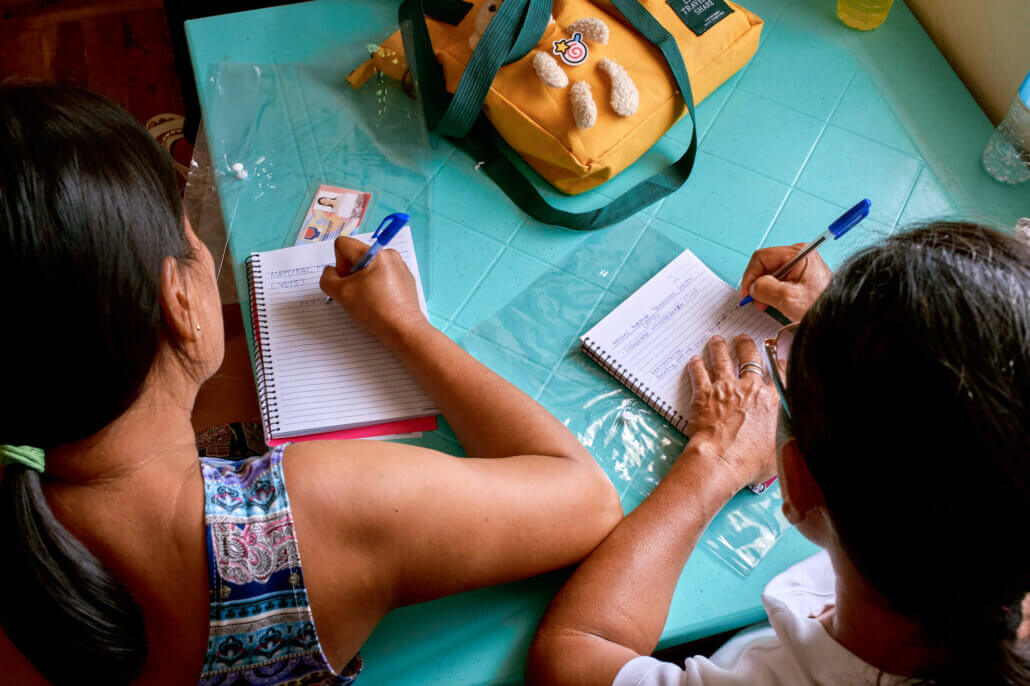
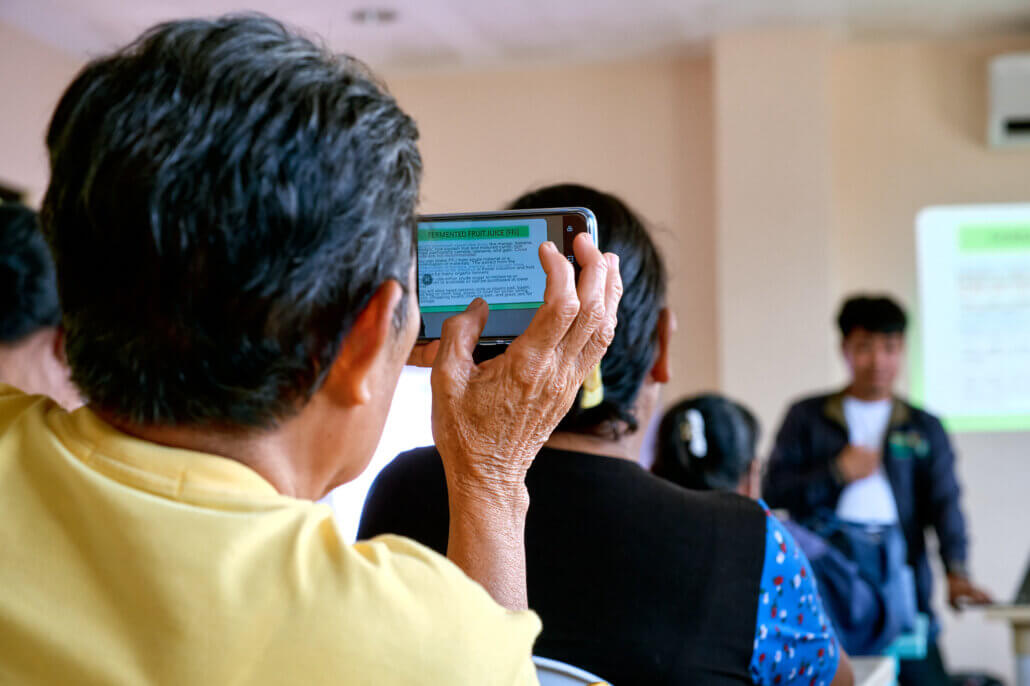
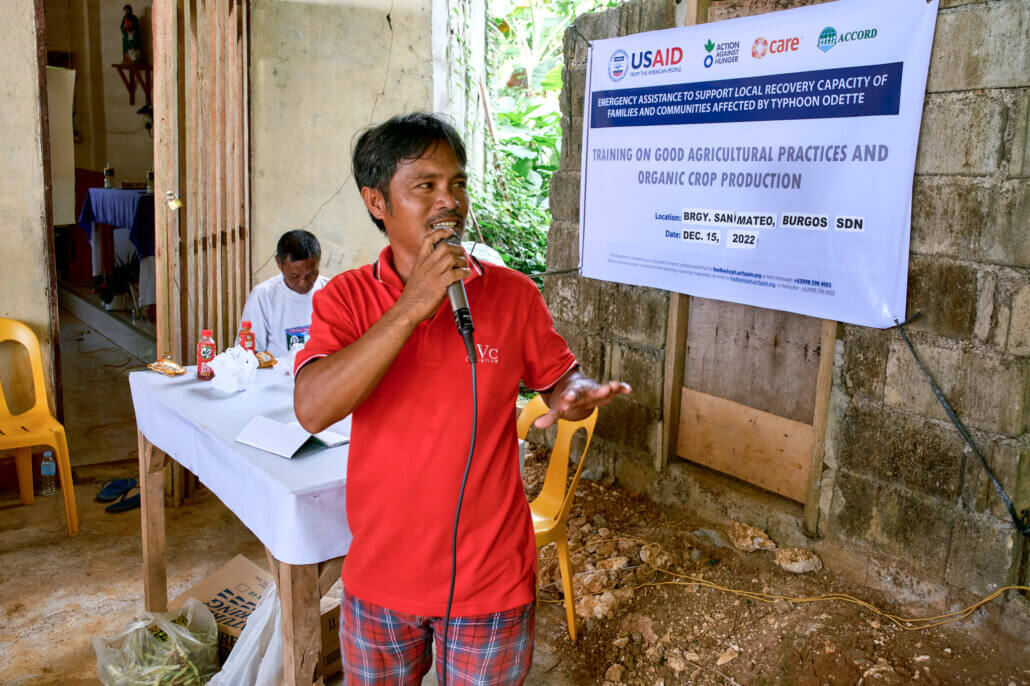
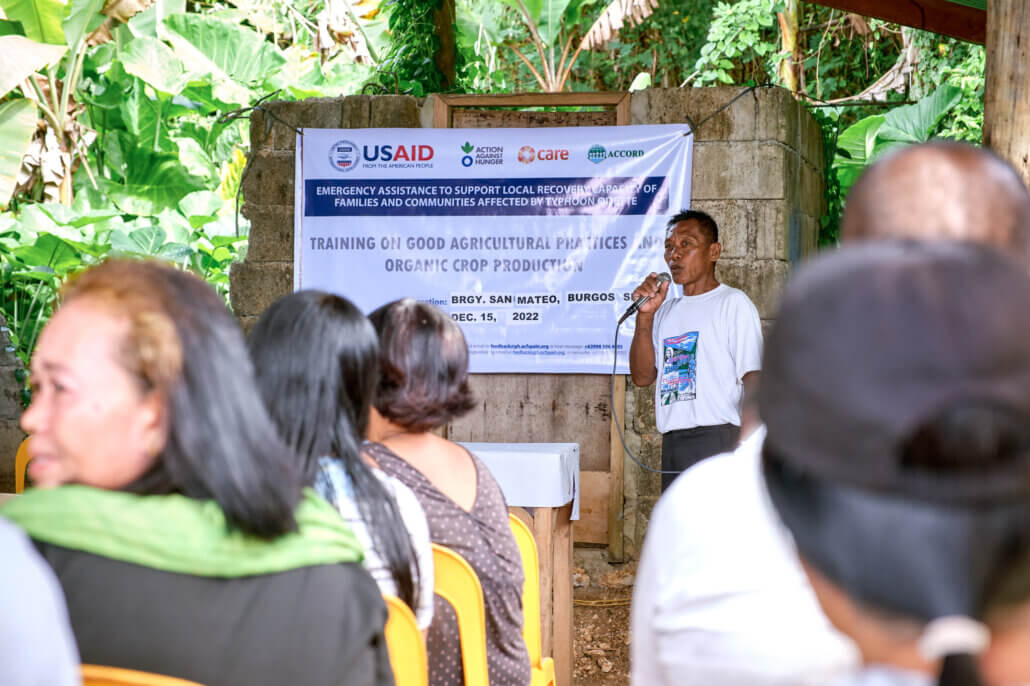
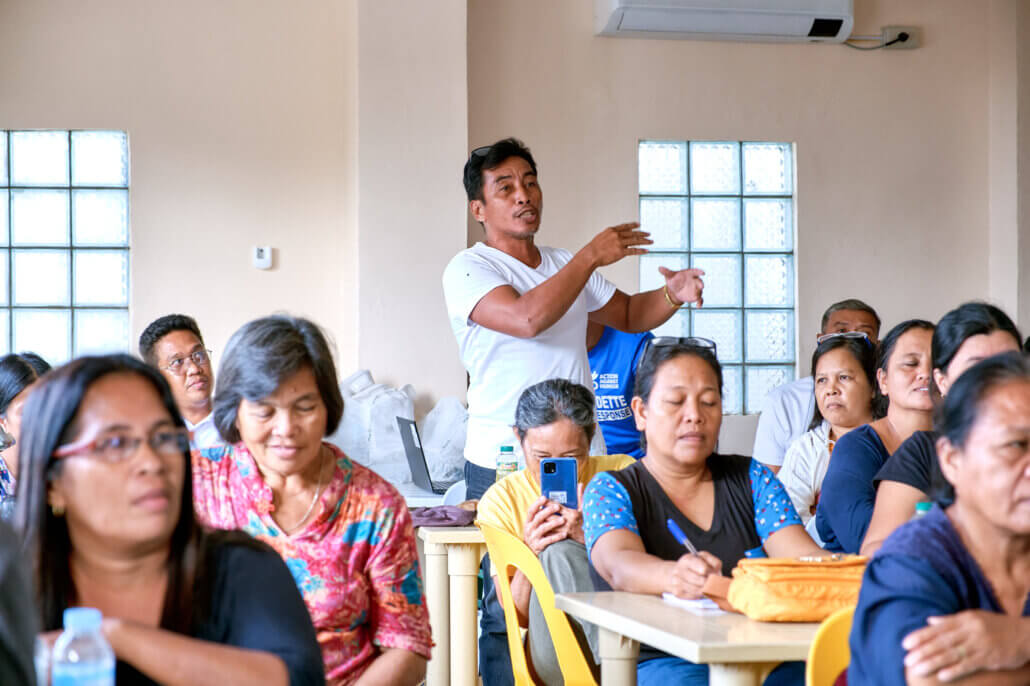
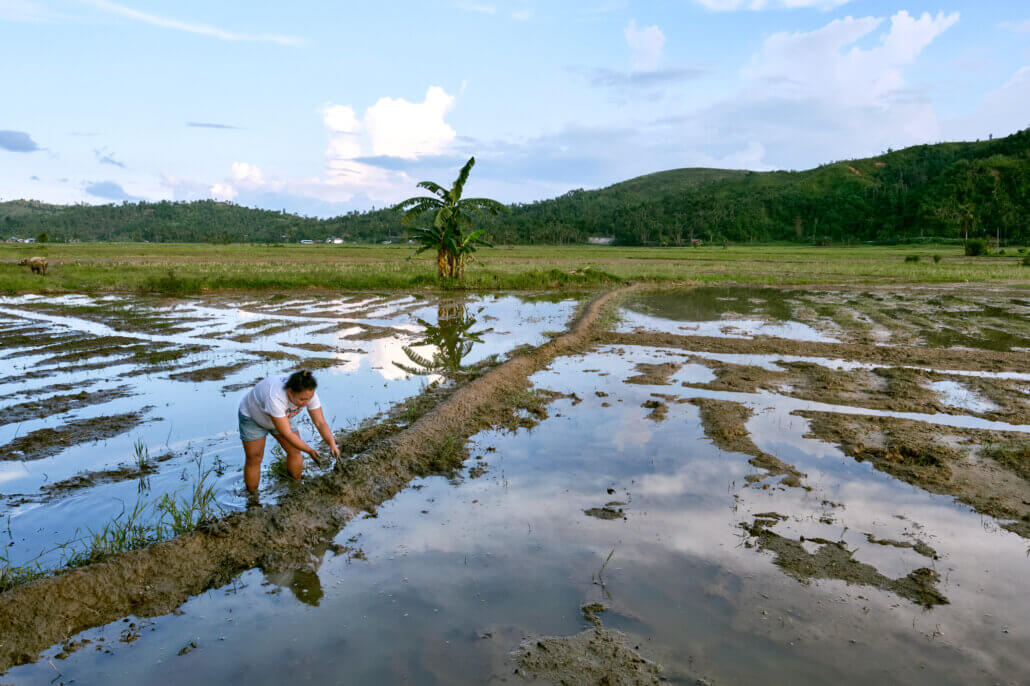
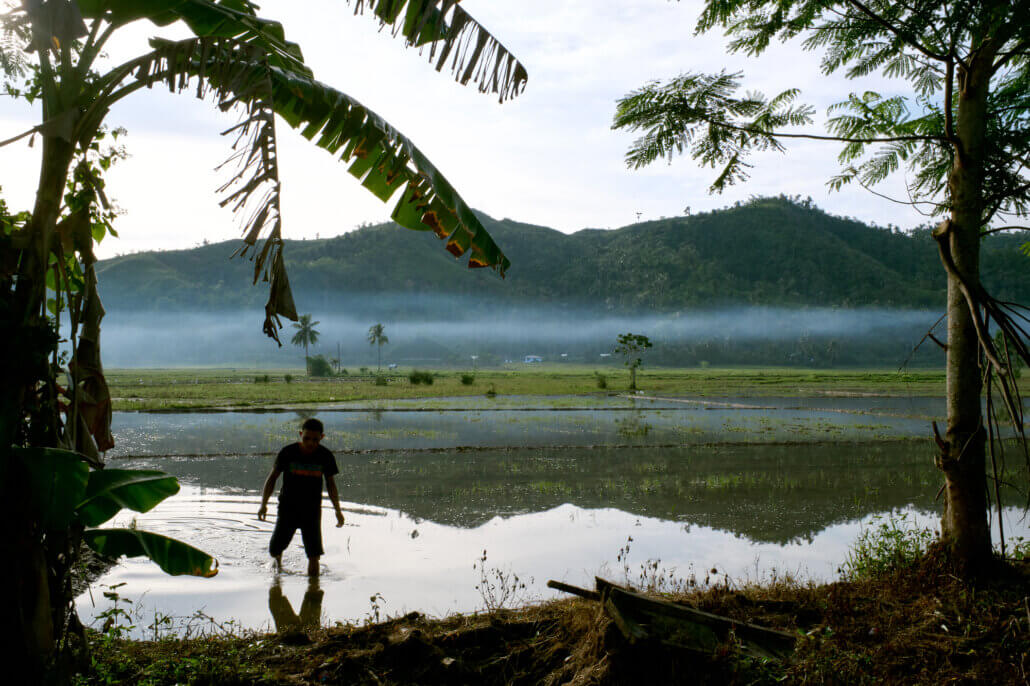
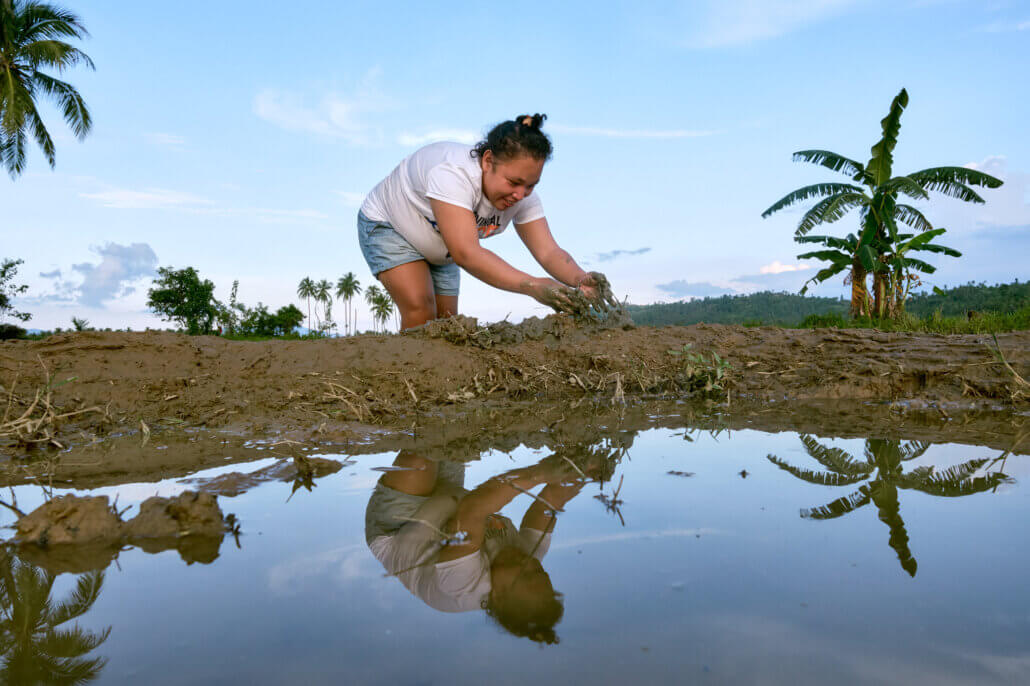
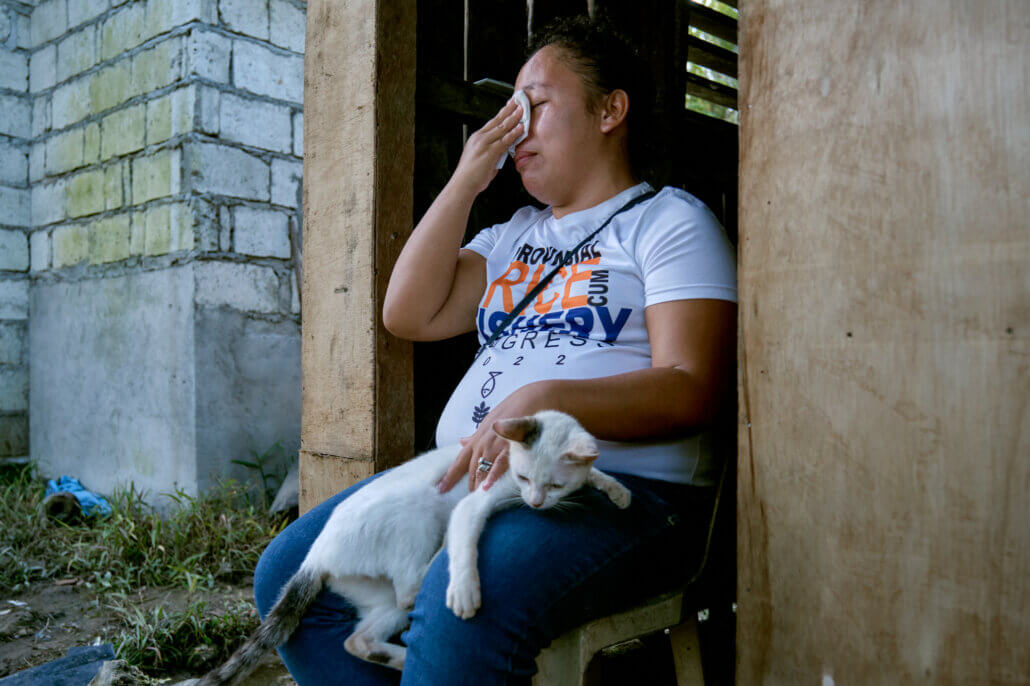
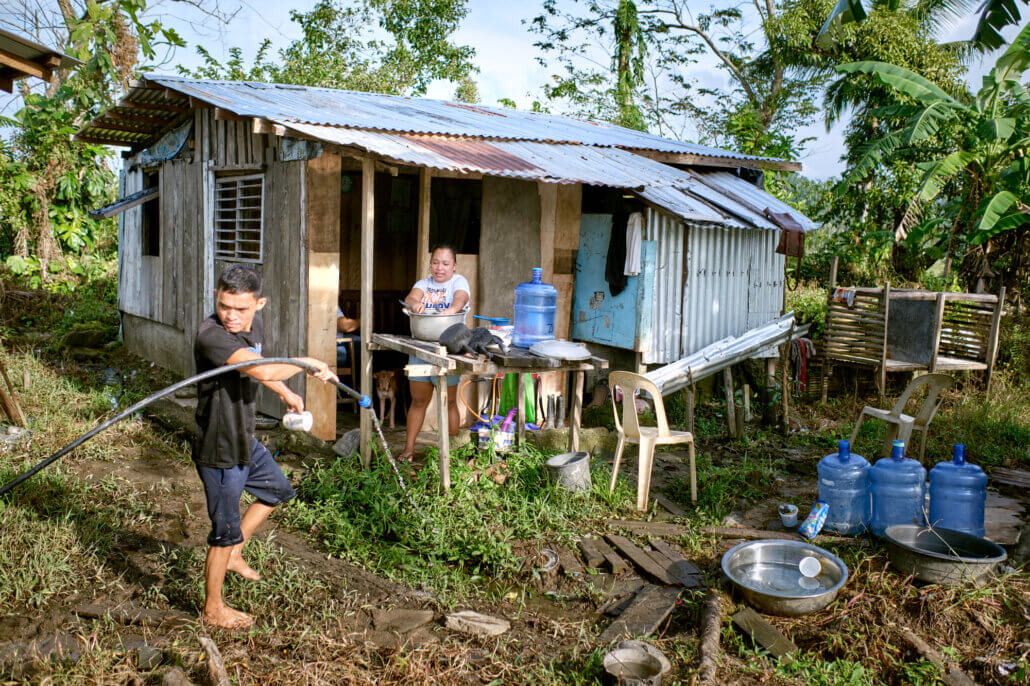
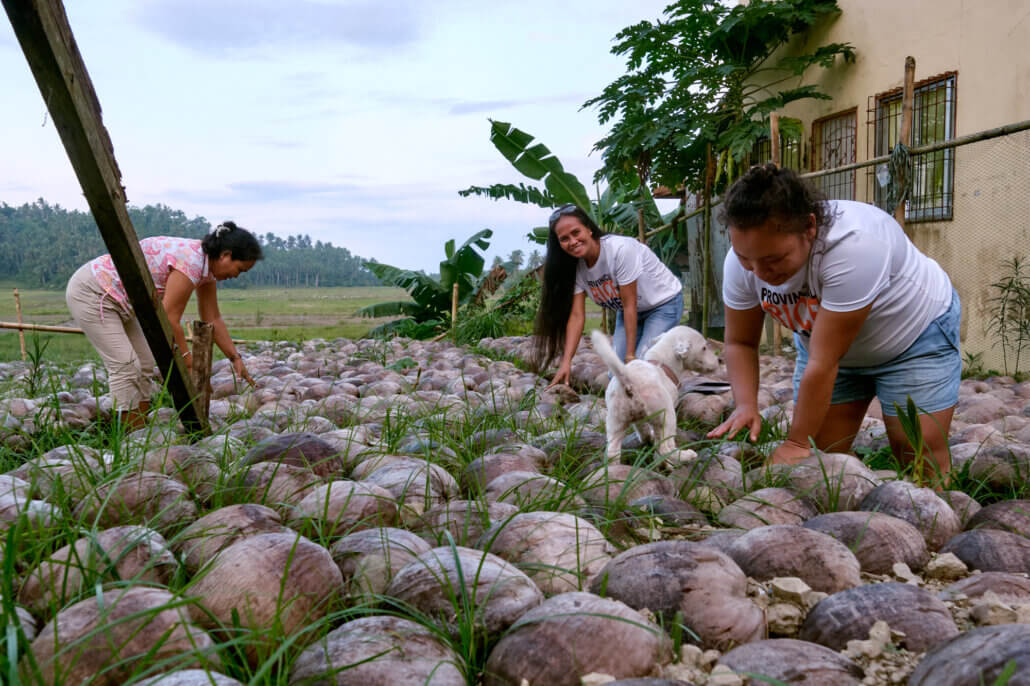
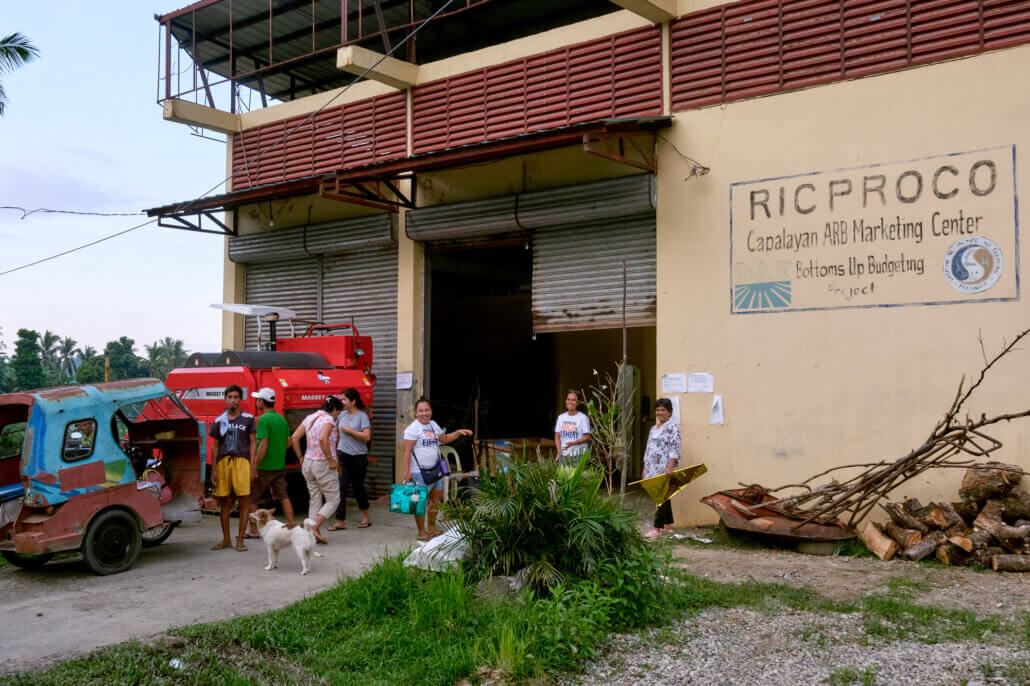
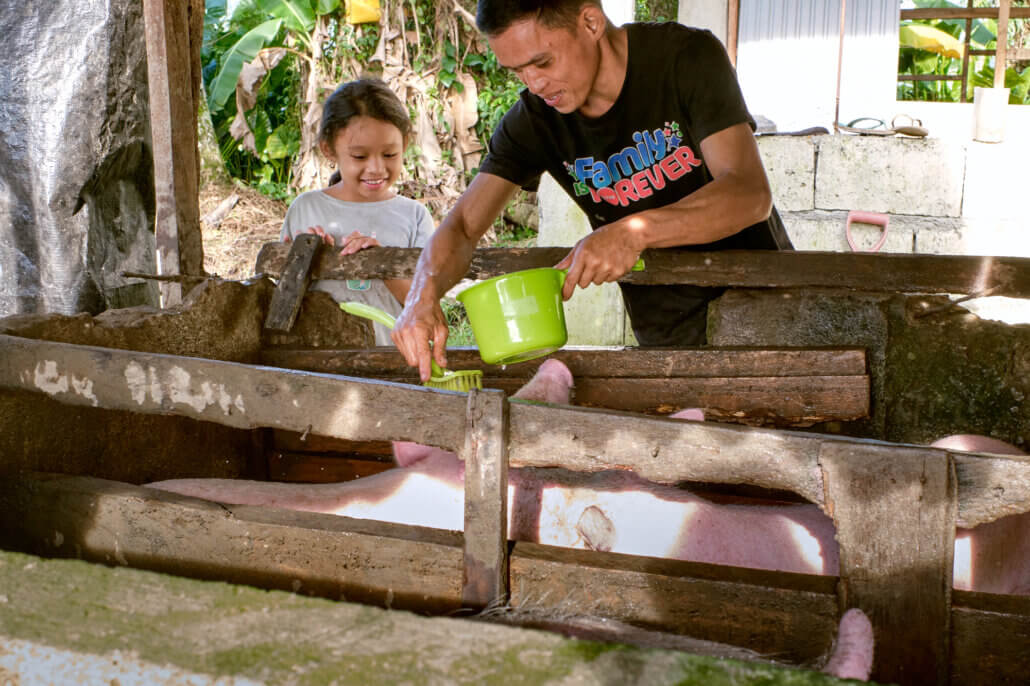
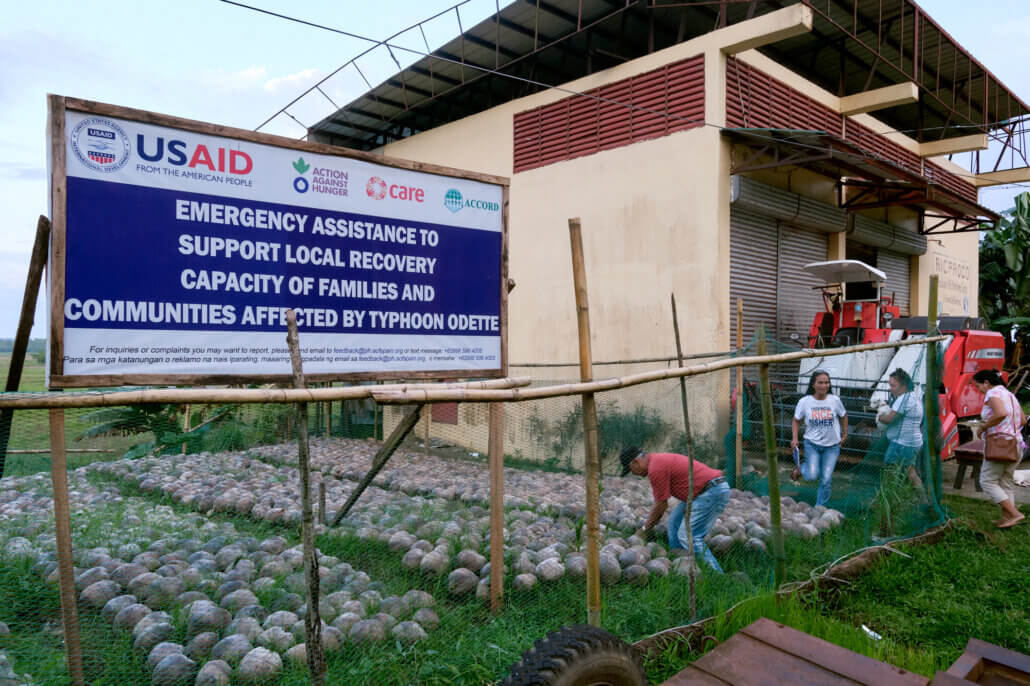
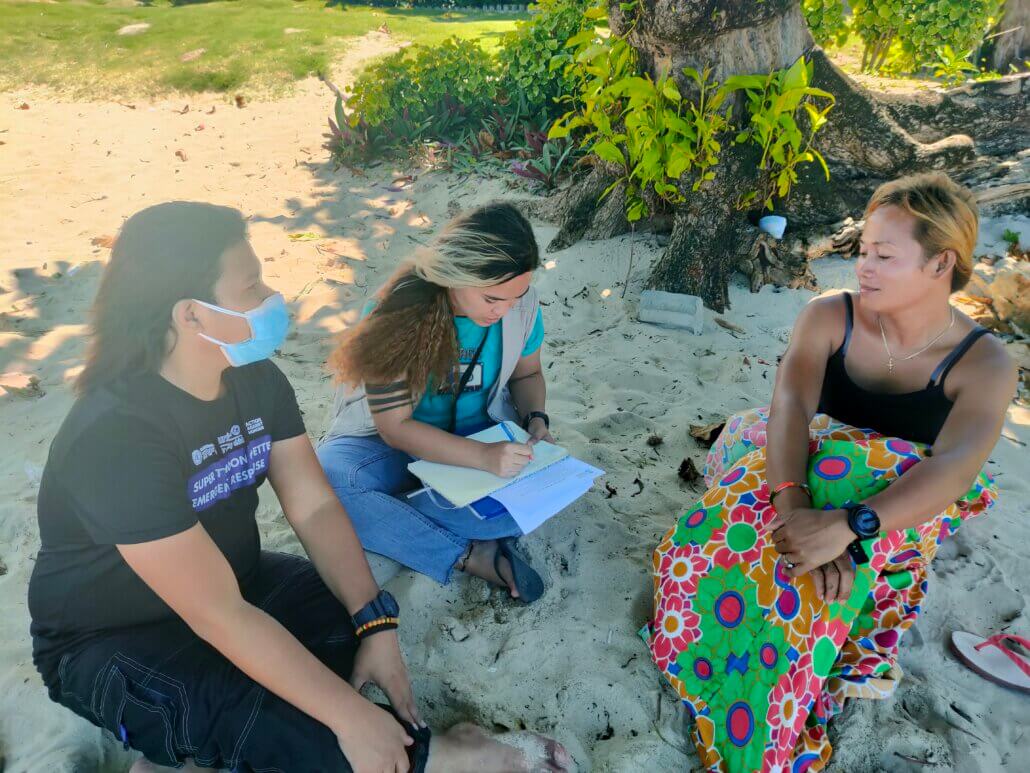
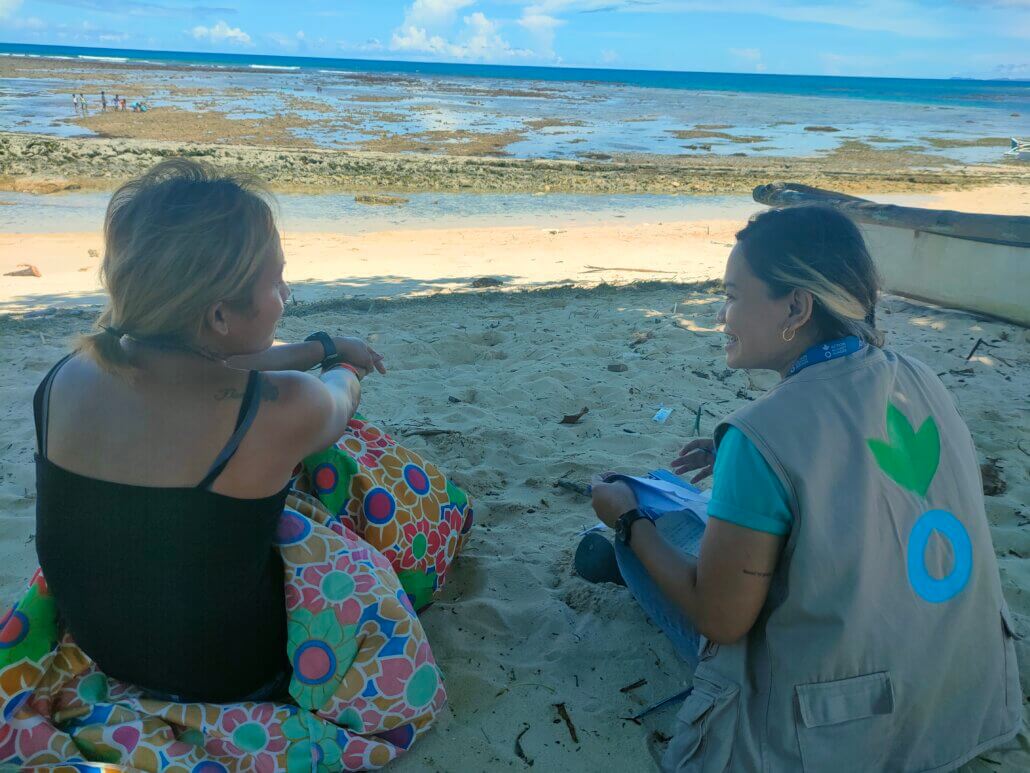
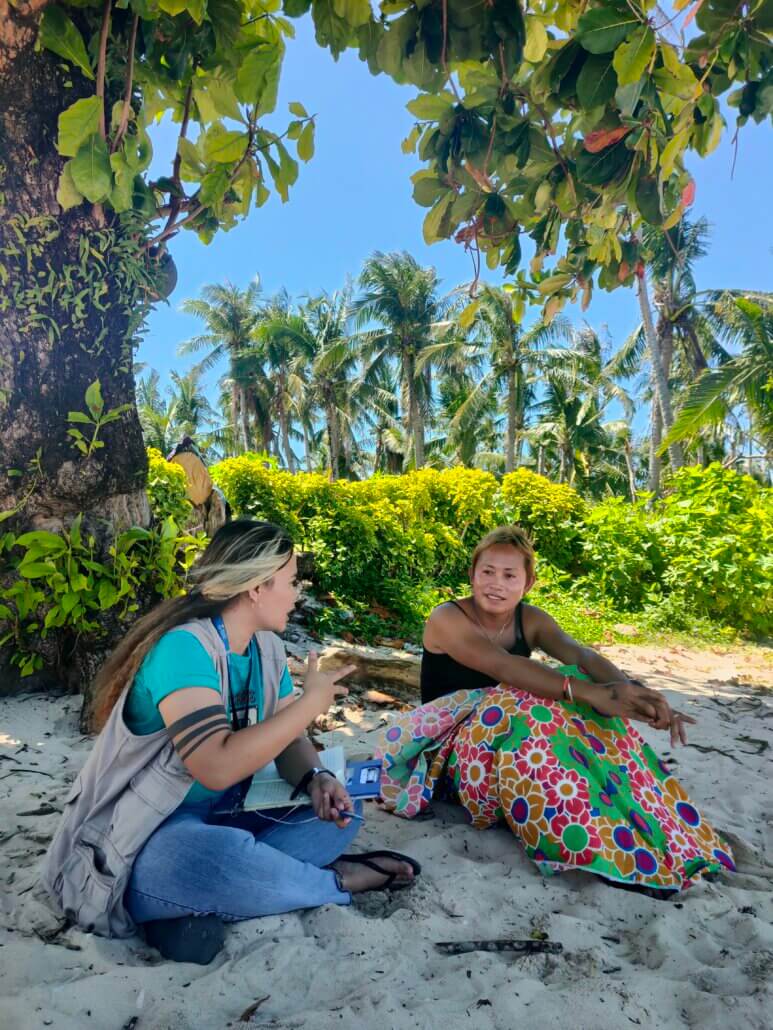
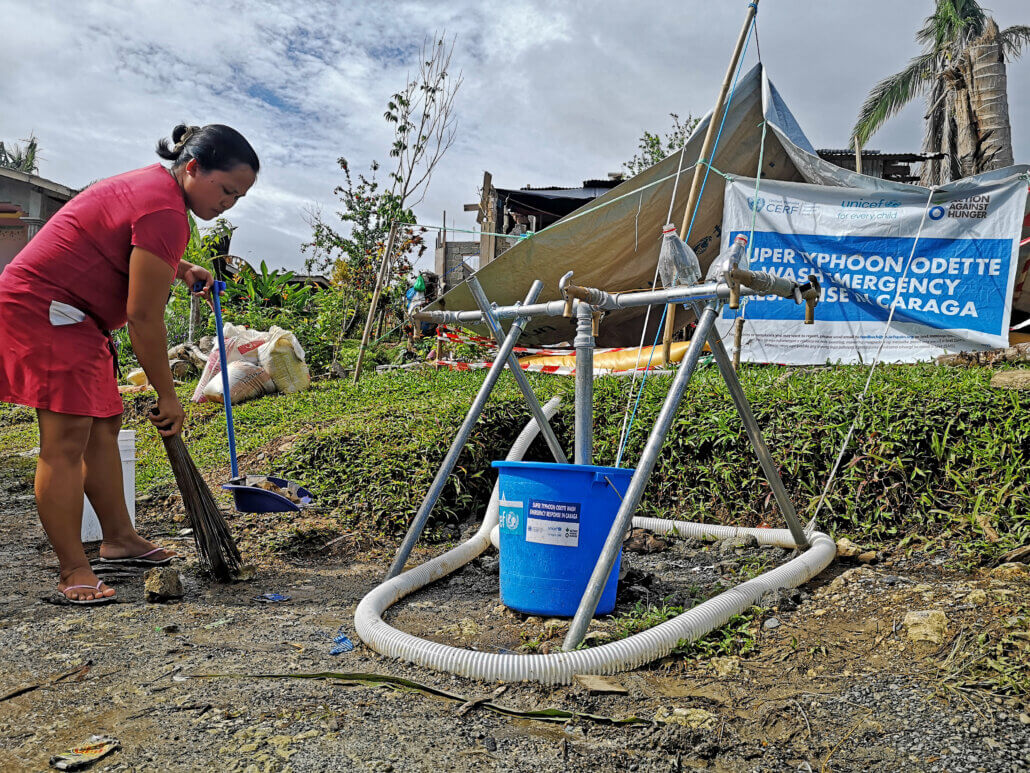
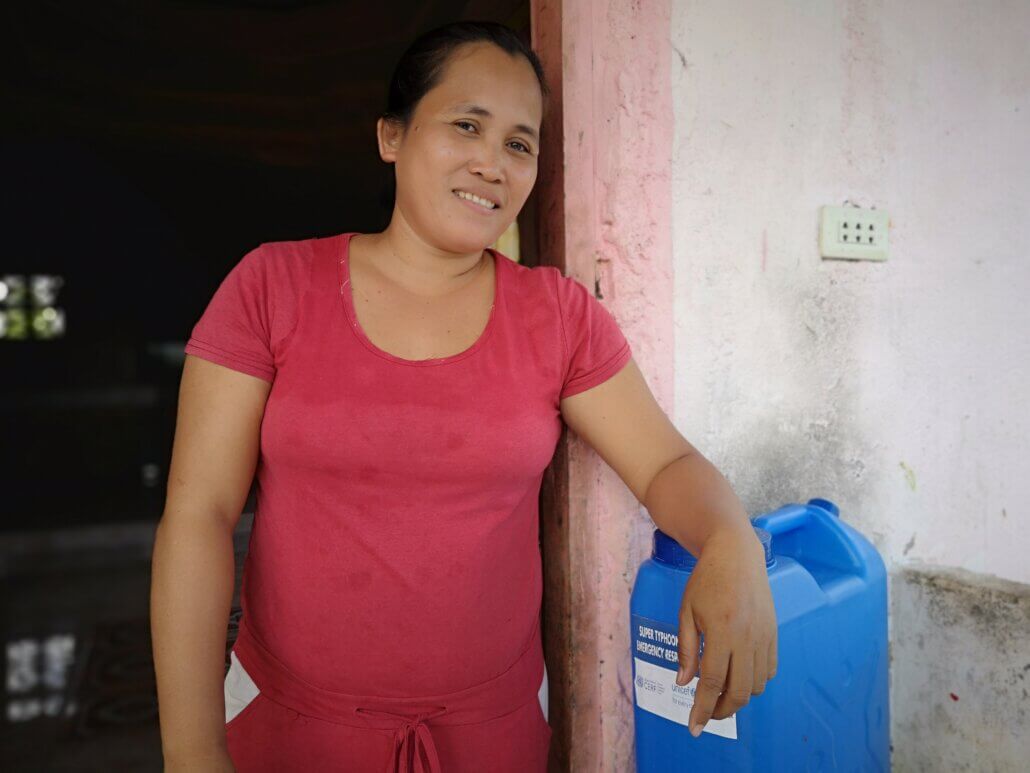
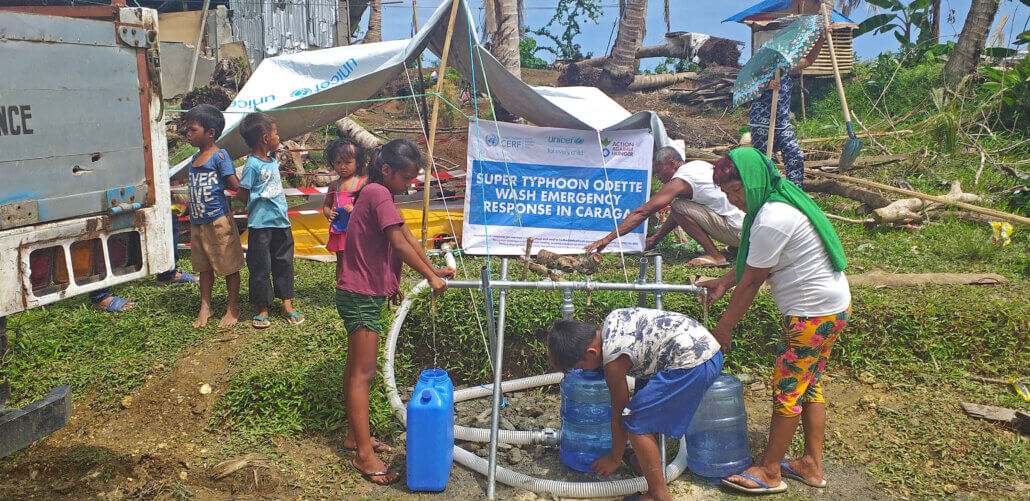
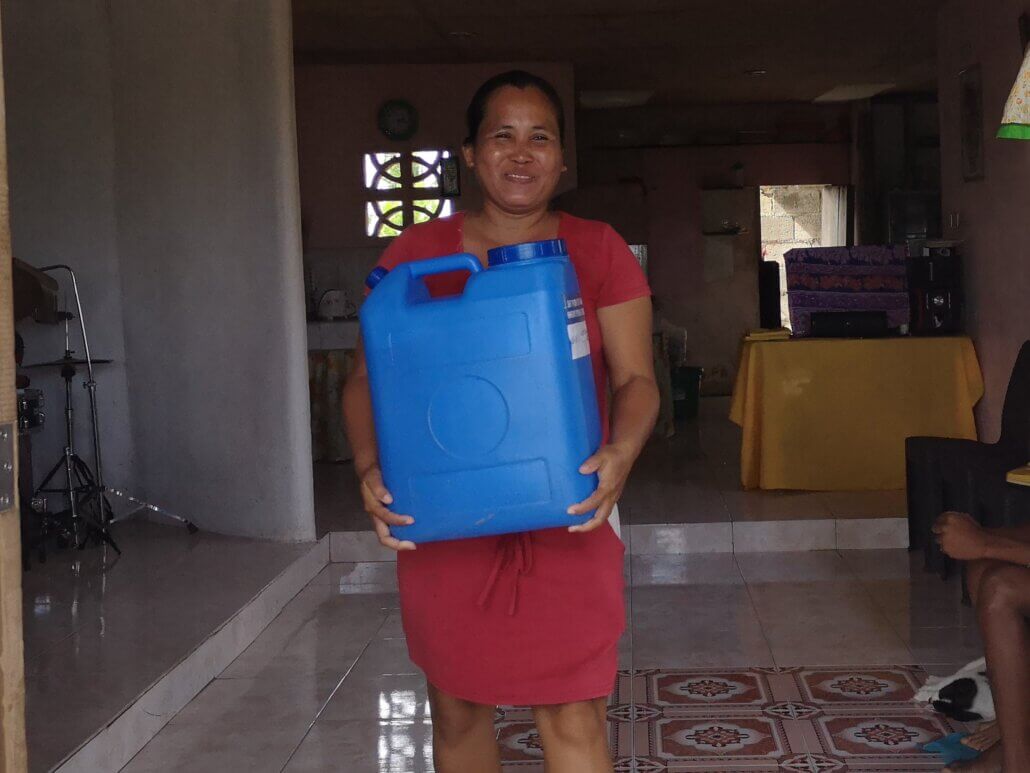
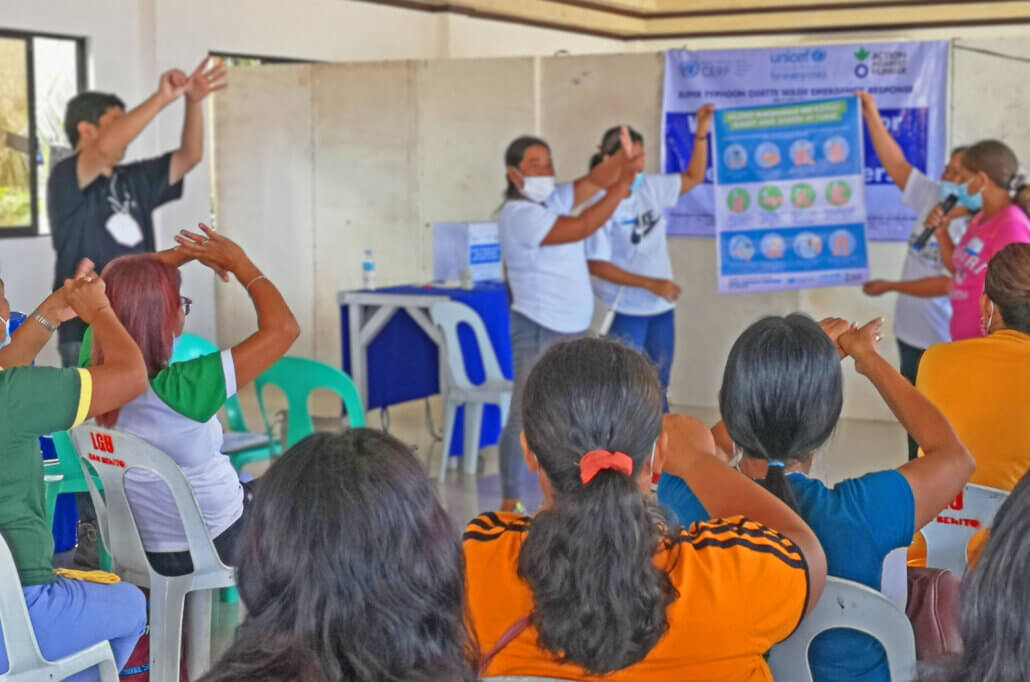
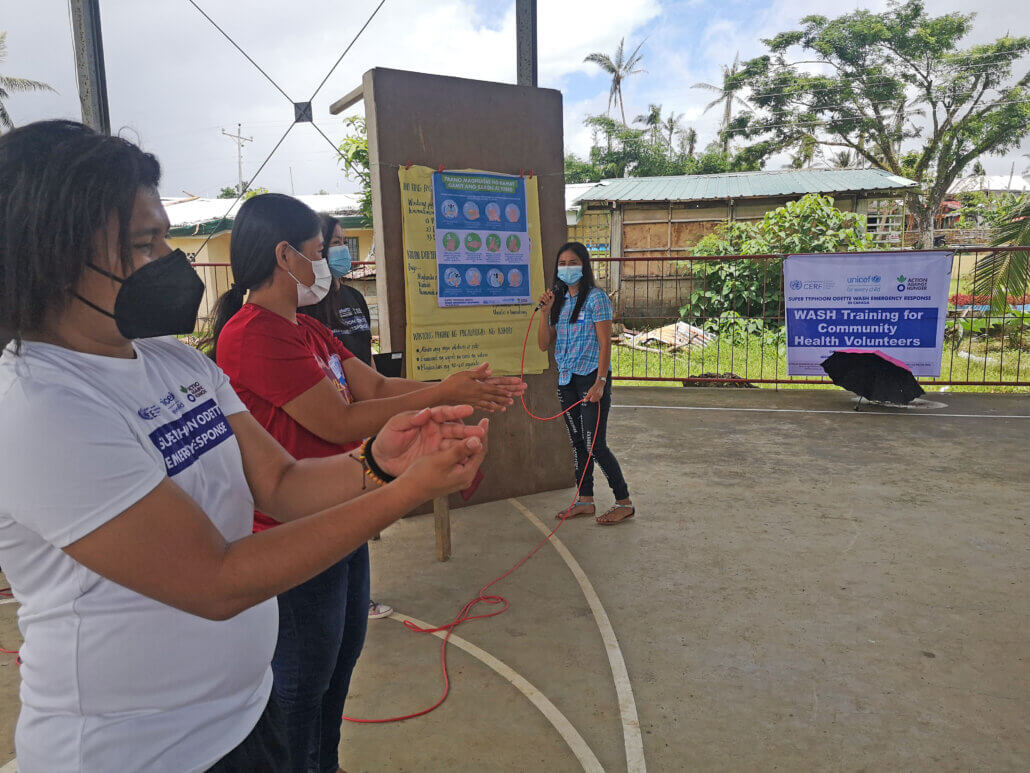
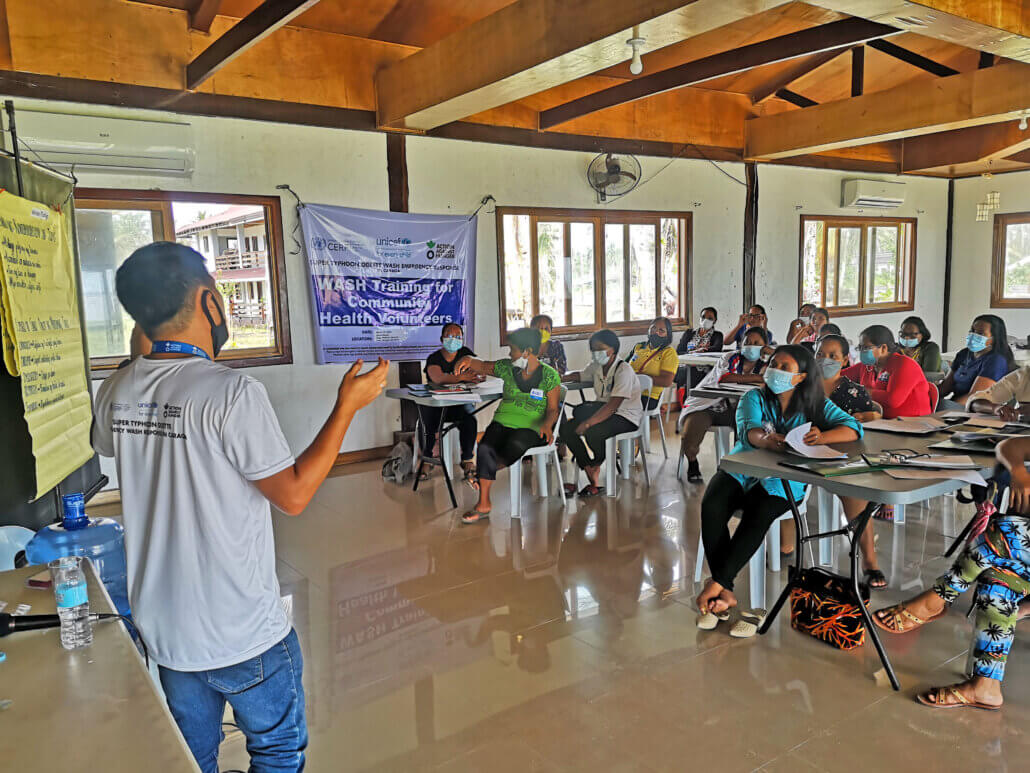
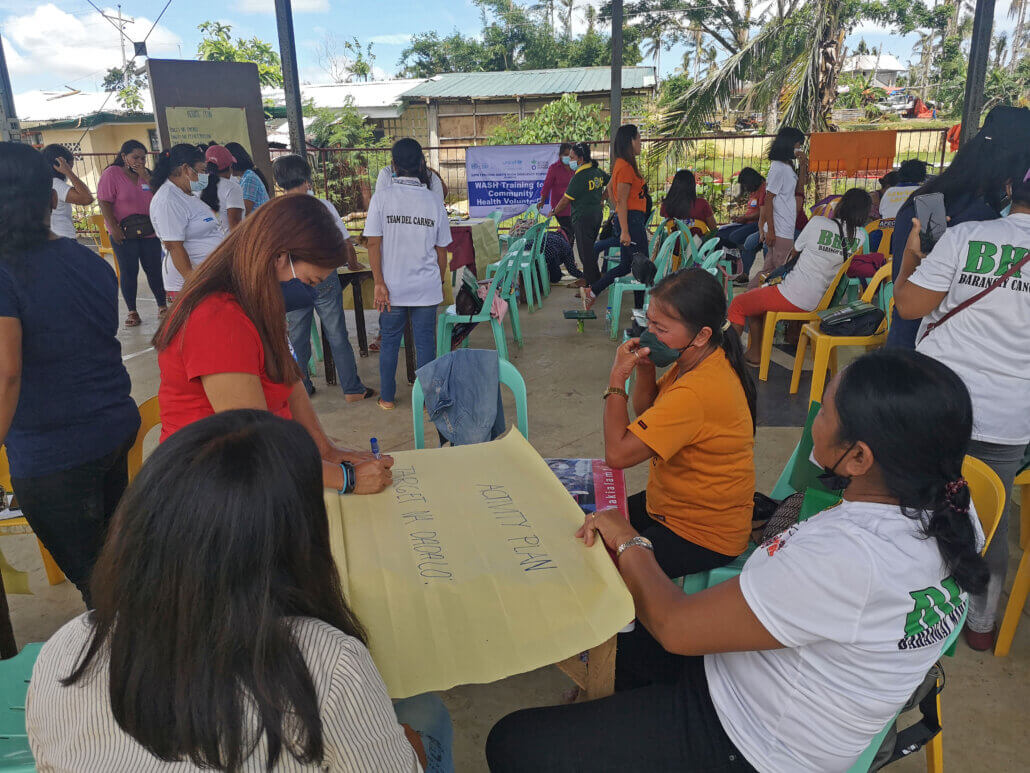
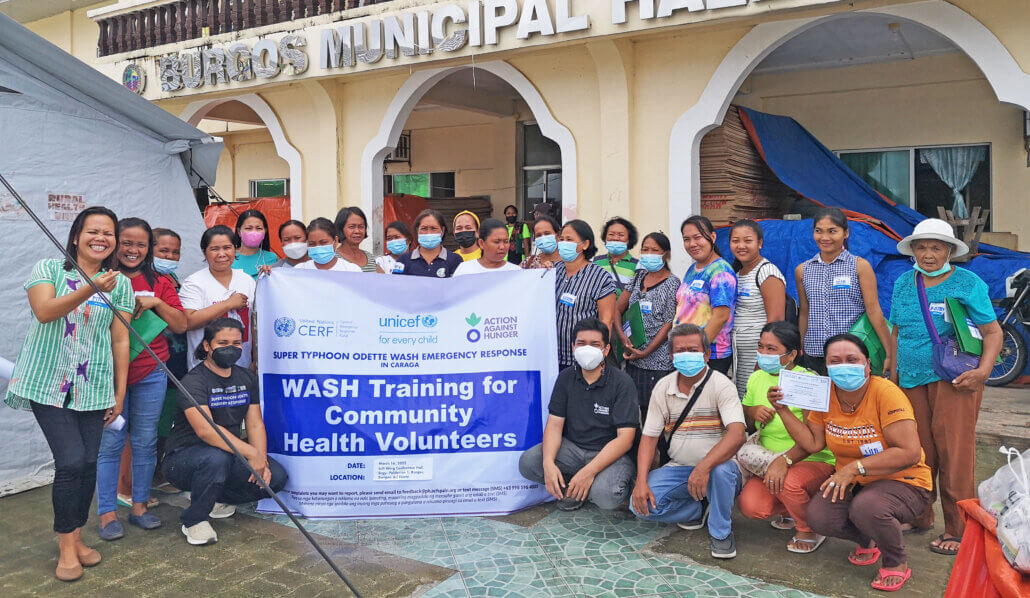
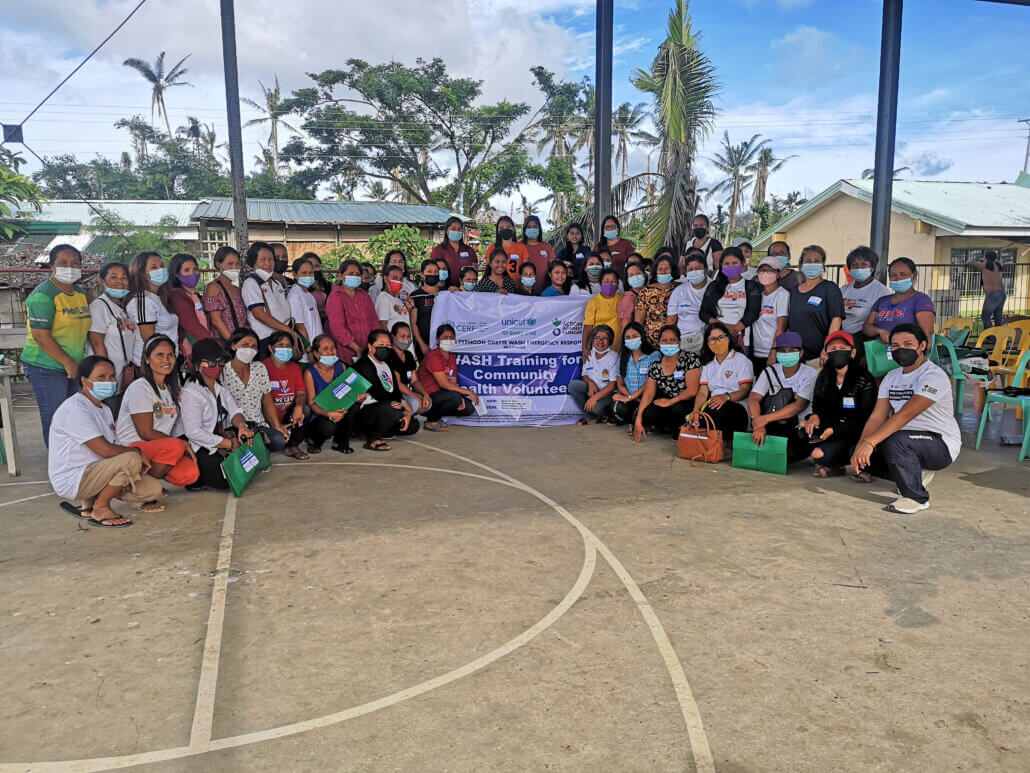
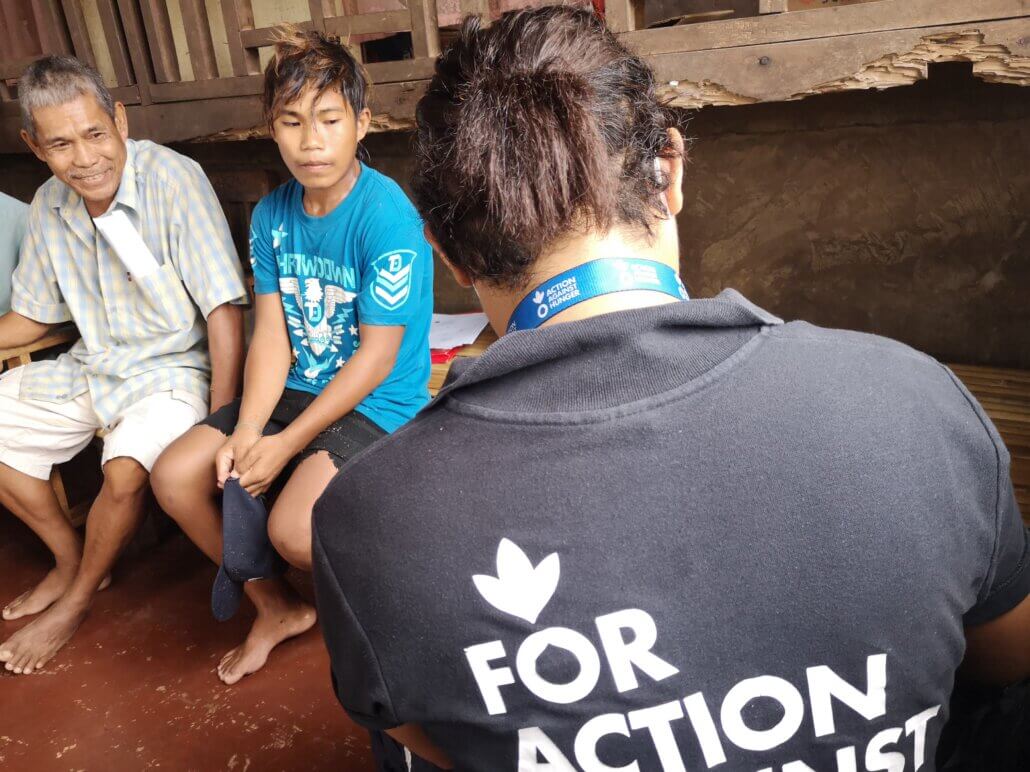
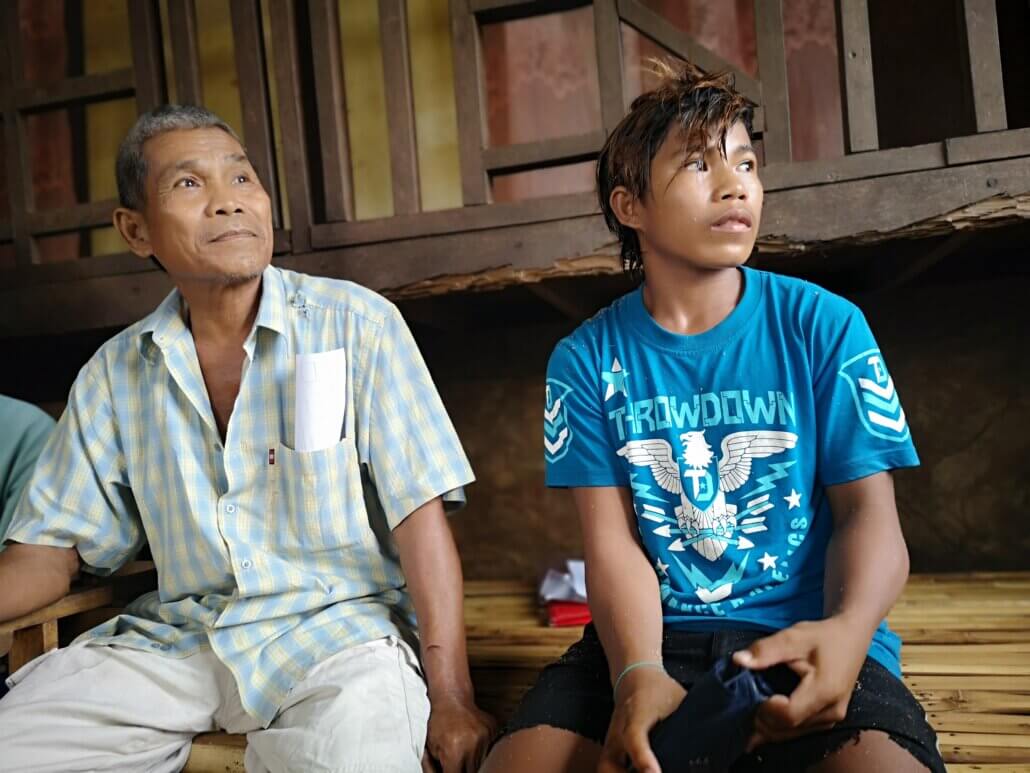
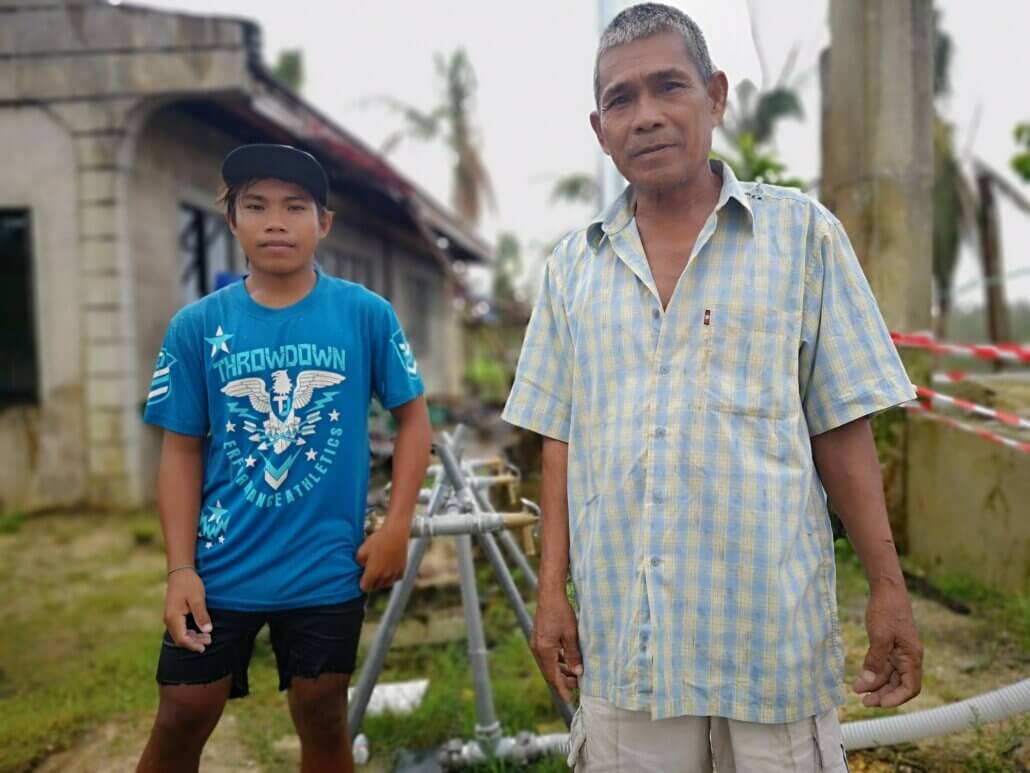
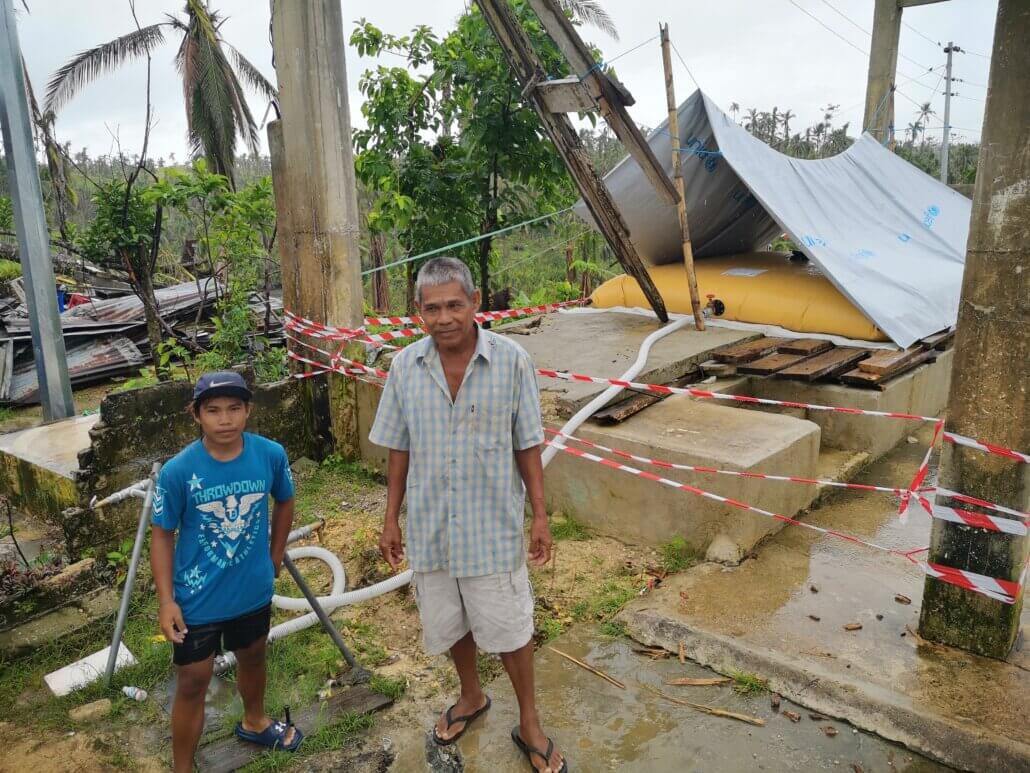
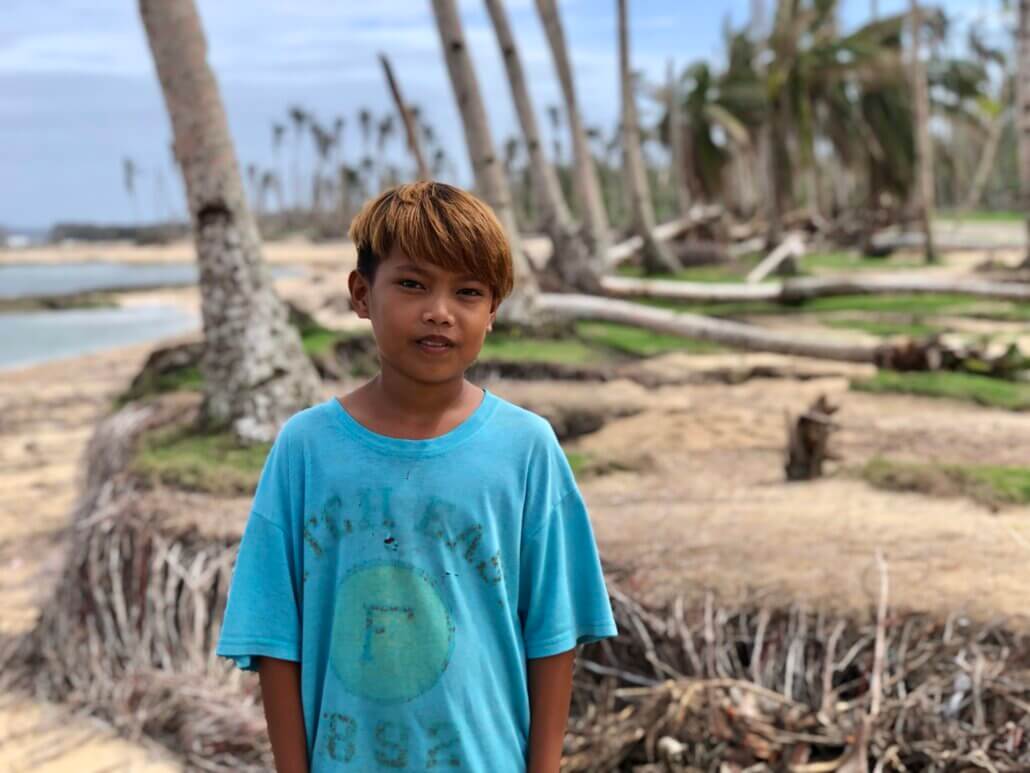

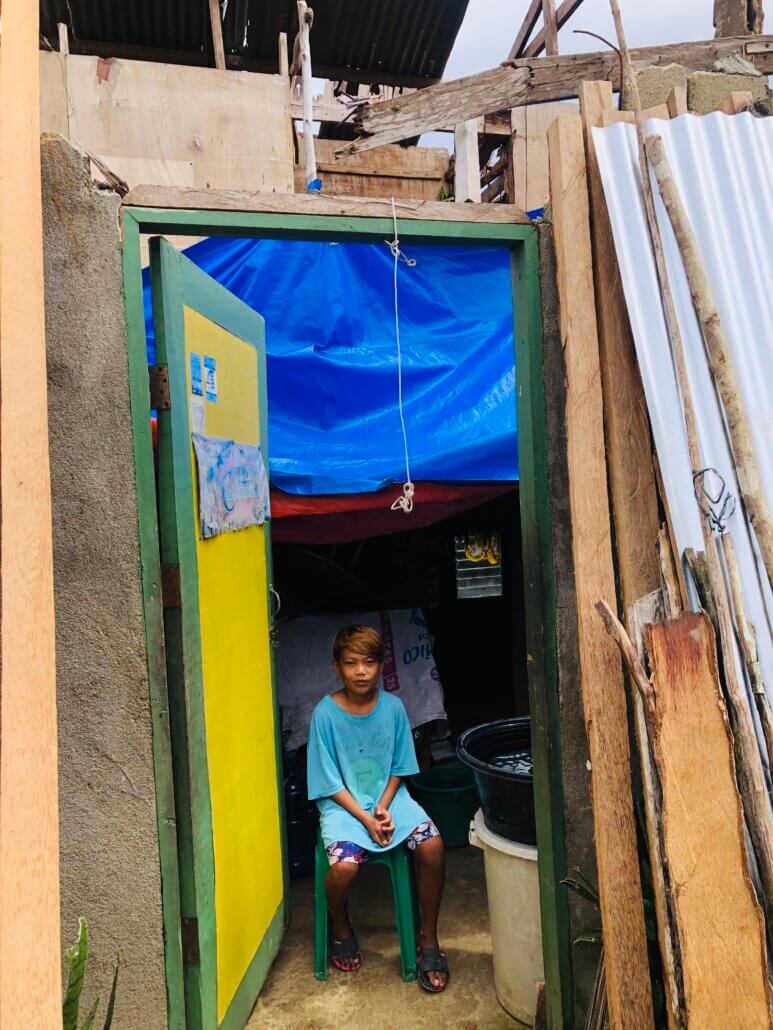
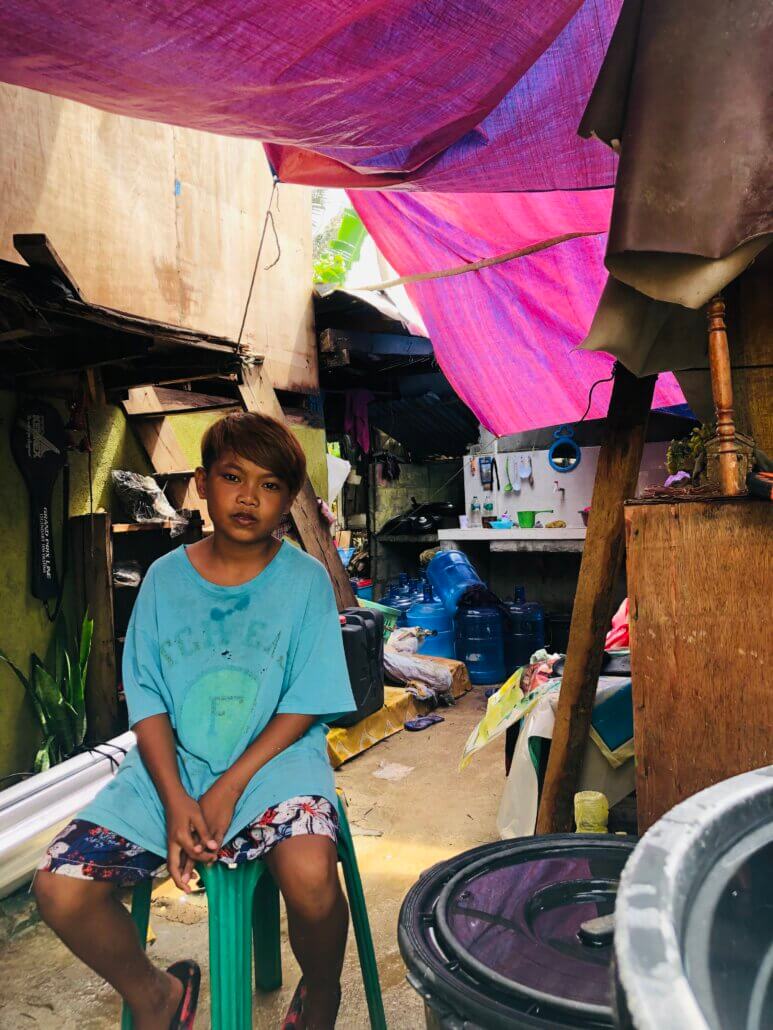
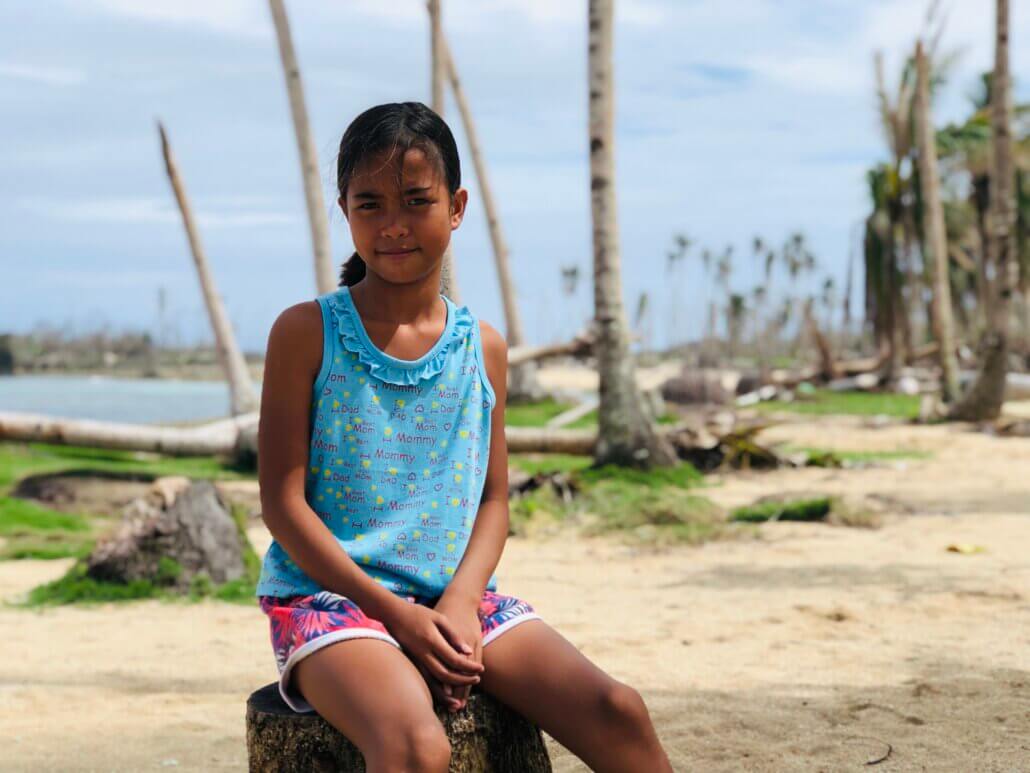
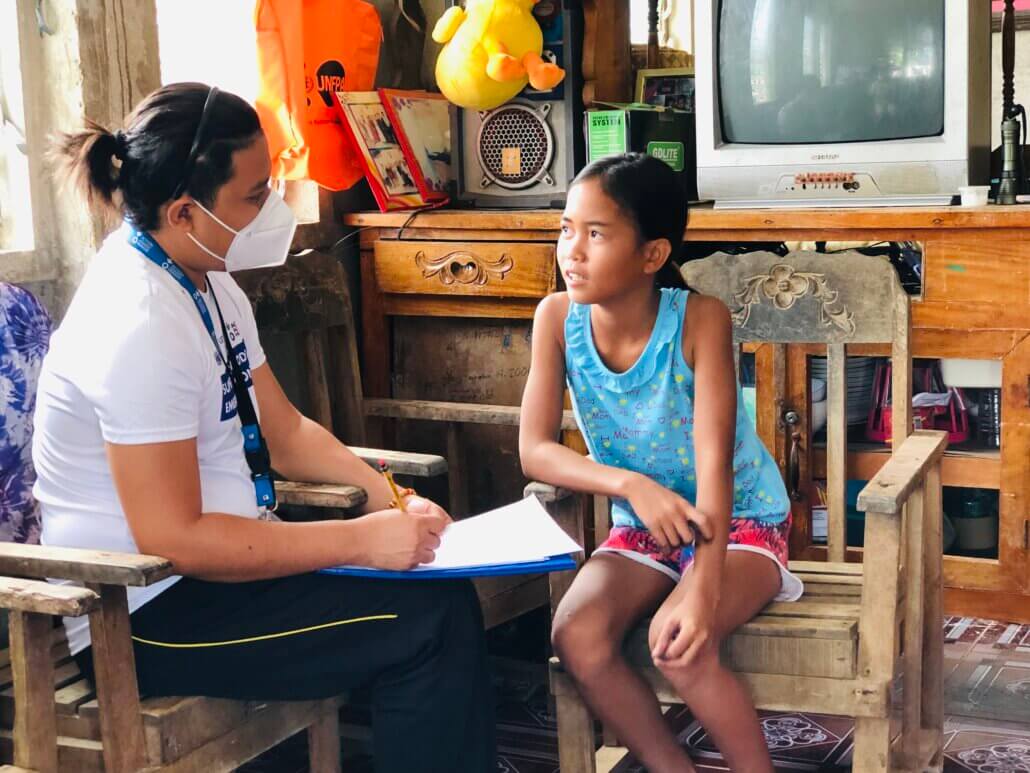
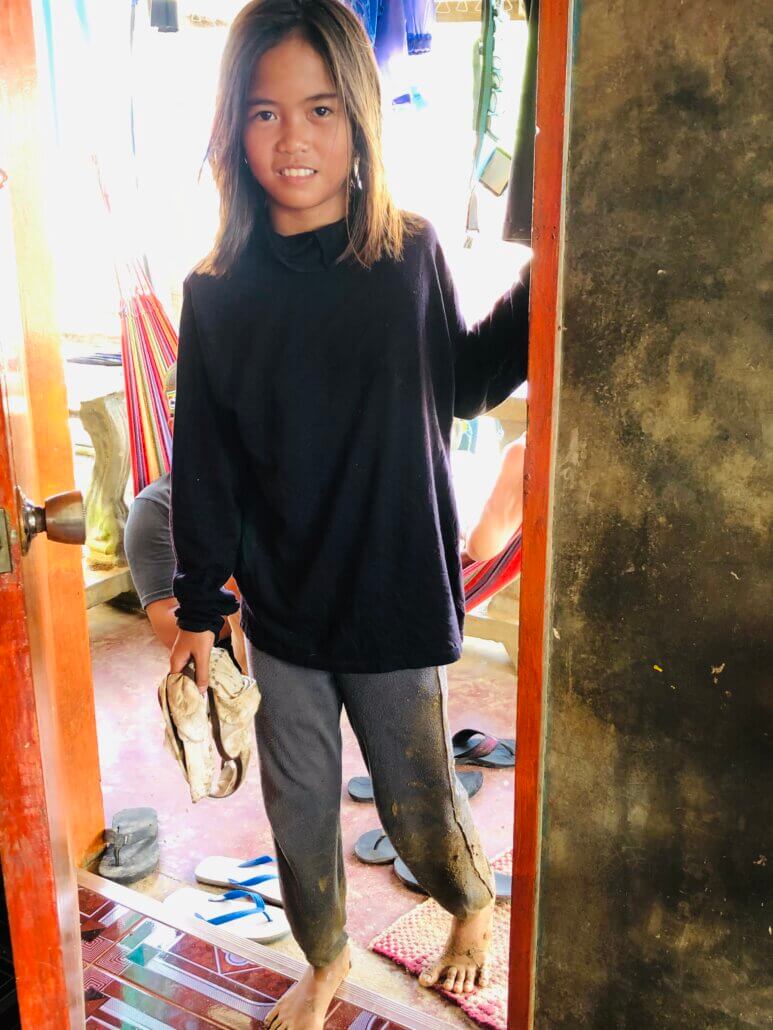
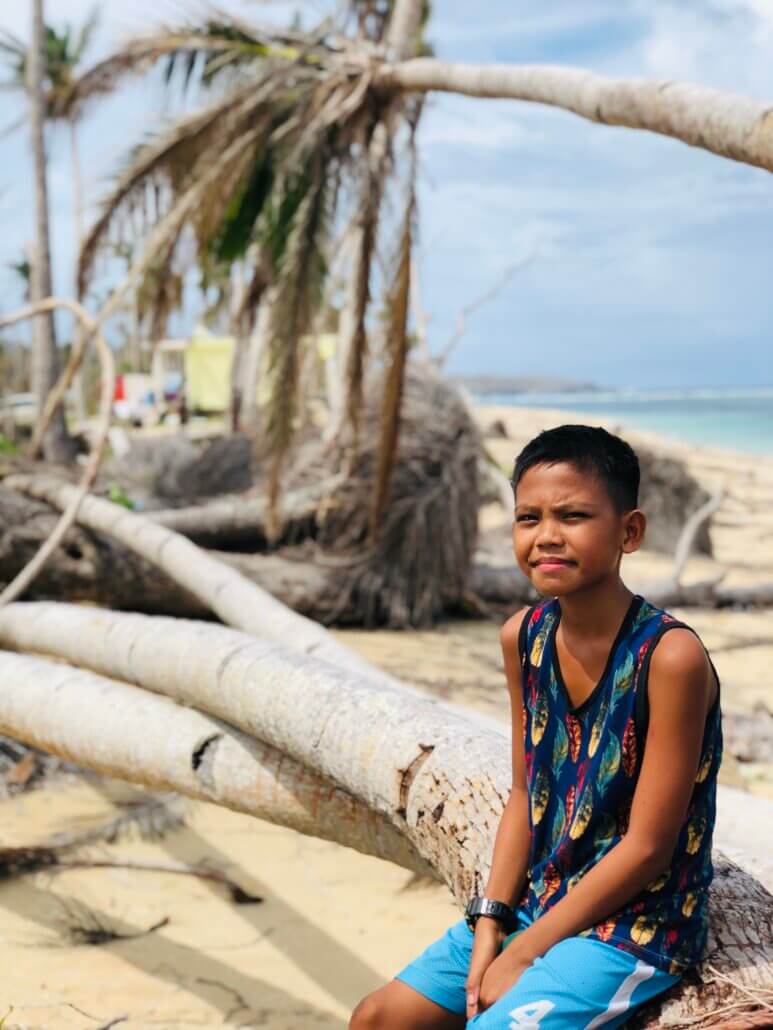 Action Against Hunger
Action Against Hunger